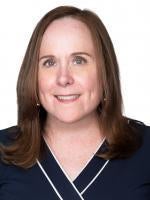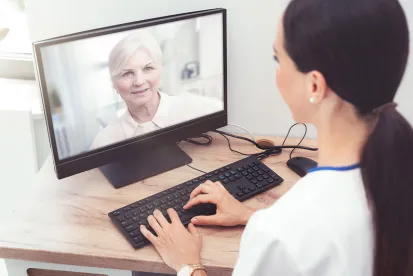August 12, 2021. Big Pharma has always meant big money, but Big Brother (i.e., your laptop, tablet, or smartphone) is apparently just as lucrative to those seeking to defraud government healthcare programs.
The Department of Health and Human Services, Office of Inspector General identified relatively early in the pandemic the increased “telefraud” and opioid schemes targeting Medicare beneficiaries and involving more than $6 billion in alleged fraud losses to Medicare and Medicaid.
The government needs whistleblowers to report telemedicine or telehealth fraud schemes. Whistleblowers who do so successfully may receive 15-25% of the government’s recovery.
Telemedicine or telehealth companies existed pre-pandemic, but with the advent of stay-at-home orders, remote medical care usage has expanded substantially. Per the CDC, compared to March 2019, telehealth visits increased 154% during the last week of March 2020, an increase which is most likely attributable to pandemic-related public health concerns.
Before telemedicine came into the spotlight, however, some bad actors were already taking advantage of the medium for remote diagnosis. A telemedicine company owner was recently indicted for submitting over $784 million in false and fraudulent claims to Medicare, one of the largest Medicare fraud cases the Department of Justice has ever charged. The company owner, Creaghan Harry, and co-conspirators both solicited payments from durable medical equipment suppliers and paid physicians for medically unnecessary prescriptions for said DME during 2015-2018.
A Newark, New Jersey federal grand jury recently charged the telemedicine company owner with “one count of conspiracy to commit health care fraud and wire fraud, and four counts of income tax evasion.” The owner, along with co-conspirators, was also previously charged with “one count of conspiracy to defraud the United States and to pay and receive kickbacks, four counts of receipt kickbacks, and one count of conspiracy to commit money laundering.”
In addition to “soliciting illegal kickbacks and bribes” from DME companies, the owner funneled DME companies’ kickbacks through various domestic and foreign shell companies. He completed this money laundering scheme by paying physicians for unnecessary prescriptions with funds transferred through shell companies.
Telemedicine is a technology with some truly positive applications: facilitating access to physicians during a global pandemic, connecting senior citizens and other limited-mobility populations with medical care, and potentially reducing physician burnout. That fraudsters see it as a platform for profits only damages its further expansion, harming the people who could use it the most. As always, Medicare does not exist to enrich unscrupulous providers or suppliers.
At the HIMSS Global Health Conference this week, HSS OIG leaders indicated in their remarks that OIG will be keeping an eye on telehealth. “I think it is a good example that, as we expand telehealth, there are likely to be instances of large-scale criminal activity that takes advantage of this. And it’s up to OIG to assess those risks, and inform policymakers and stakeholders of those risks, and then from those policymakers and stakeholders to adjust,” said Andrew Vanlandingham, senior counsel for Medicaid Policy and acting health IT lead at OIG.





 />i
/>i

